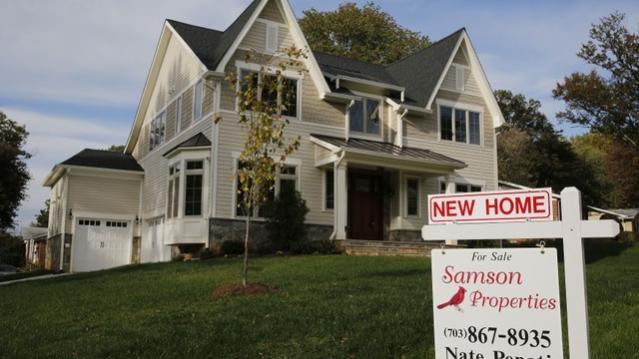Home Buying Gets Easier as Down Payments Dip

One hurdle to first-time homebuyers is starting to get a little lower: The average down payment for a home fell to less than 15 percent in the first quarter of 2015 to its lowest level since early 2012. The average down payment for the quarter was $57,710, according to RealtyTrac.
The lower down payments reflect new loan programs recently introduced by Fannie Mae and Freddie Mac, and lower insurance premiums for Federal Housing Authority Loans. The market is also adjusting as large, institutional investors who had been buying starter homes as rental investments dial back.
Related: U.S. Homeownership Dips, But Household Formation Rises
“Down payment trends in the first quarter indicate that first-time homebuyers are finally starting to come out of the woodwork, albeit gradually,” RealtyTrac vice president Daren Blomquist said in a statement.
Broken down by type of loan, the average down payment for conventional loans was 18.4 percent ($72,590), and the average down payment for FHA loans was just 2.9 percent ($7,609). FHA loans as a share of all mortgages increased from 21 percent in January to 25 percent in March.
Among the country’s largest counties, Wayne County in Detroit, Mich., had the lowest average down payment (12 percent), and New York had the highest (37 percent).
While lower down payments are good news for first-time homebuyers, they also are a reminder of practices that led to the housing bubble that began to burst in late 2006 and contributed to the financial crisis. During the height of the boom, buyers were able to purchase homes that they couldn’t really afford by putting little or no money down on the property.
Will Trump's Tax Cuts Really Happen? Economists Are Surprisingly Optimistic
Despite all the thorny questions swirling around President Trump's nascent tax reform plan, 29 of 38 economists surveyed by Bloomberg in a monthly poll said they expect Congress to cut taxes by November of next year.
The hitch: The economists don’t expect the cuts will help the economy much. The median projection of a larger group of 71 economists is for 2018 growth of 2.3 percent, up only slightly from 2.1 percent this year — and by 2019, the economists see growth slipping back to 2 percent.



